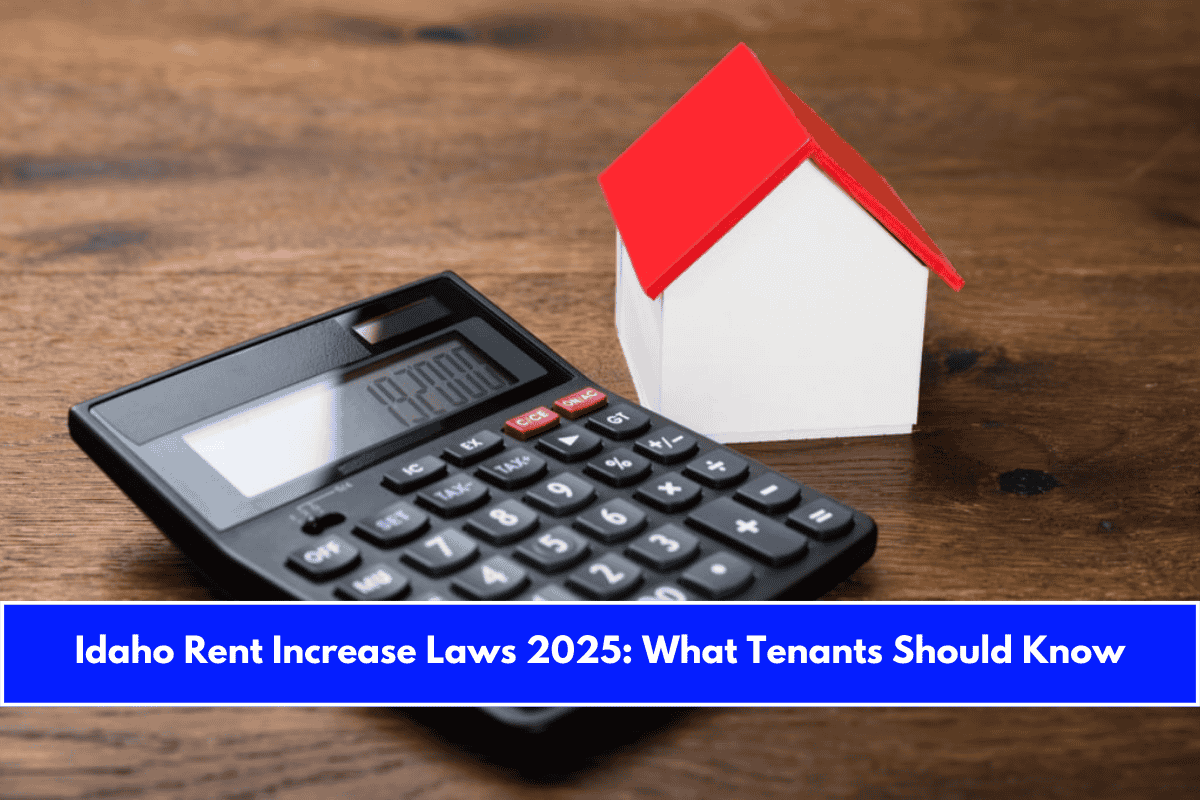Idaho remains a landlord-friendly state with minimal restrictions on rent increases, but tenants do have important rights regarding notice and protection from unfair practices. Here’s what you need to know about rent increases in Idaho for 2025:
No Statewide Rent Control
- No Cap on Rent Increases: Idaho law does not impose any statewide rent control. Landlords are free to set and increase rents as they see fit, with no legal limit on the amount of the increase.
- Local Exceptions: Some cities, like Boise, have limited rent control ordinances for specific affordable housing units, but these rules do not apply to most private rentals.
Notice Requirements
- Month-to-Month Leases: Landlords must provide at least 15 days’ written notice before increasing rent.
- Fixed-Term Leases: Rent cannot be increased during the lease term unless the lease specifically allows it. Any increase for a new term requires at least 30 days’ written notice before the new rent takes effect.
- Notice Delivery: Notice must be given in writing—verbal notice is not sufficient. It can be delivered by mail or in person.
Uniformity and Frequency
- Uniform Increases: In rental communities (such as mobile home parks), rent increases must be uniform among homes in the same rent tier (based on size, amenities, or location).
- Frequency: Landlords may not amend rental agreements or increase rent more than once in a six-month period in these communities.
Prohibited Practices
- No Retaliatory Increases: Landlords cannot increase rent in retaliation for a tenant exercising legal rights (such as reporting safety violations).
- No Discriminatory Increases: Increases cannot be based on a tenant’s status as a victim of domestic violence, stalking, or sexual assault.
Other Key Points
- Lease Agreement Terms: Always check your lease for specific provisions about rent increases, as these terms may provide additional protections or requirements.
- Affordable Housing: If you live in a unit covered by local rent control (such as certain affordable housing in Boise), increases may be tied to the Consumer Price Index (CPI).
Summary Table: Idaho Rent Increase Laws (2025)
| Lease Type | Notice Required | Limit on Amount? | Frequency Limits | Special Notes |
|---|---|---|---|---|
| Month-to-Month | 15 days (written) | No | None (unless lease says) | No state rent control |
| Fixed-Term | 30 days (written, for new term) | No | No increase during term (unless lease allows) | Lease controls terms |
| Rental Communities | 90 days (written) | No | Once per 6 months | Must be uniform in same rent tier |
| Affordable Housing* | Varies (local law) | Yes (CPI tied) | Varies | Applies only to select units in some cities |
*Only applies to certain affordable housing units in cities like Boise.
What Should Tenants Do?
- Review Your Lease: Understand your lease’s terms on rent increases.
- Watch for Written Notice: Ensure any rent increase is provided in writing with the proper notice period.
- Know Your Rights: If you suspect a retaliatory or discriminatory rent increase, you may have legal grounds to challenge it.
- Seek Help if Needed: For disputes, contact the Idaho Attorney General’s Office or a local tenant advocacy group.
Idaho landlords can raise rent by any amount, but must give proper written notice—15 days for month-to-month leases, and at least 30 days before the end of a fixed-term lease. There is no statewide rent control, but some affordable housing units in certain cities have local restrictions. Always check your lease and local ordinances for details.
Sources:
- https://legislature.idaho.gov/wp-content/uploads/sessioninfo/2025/legislation/S1043.pdf
- https://www.hemlane.com/resources/idaho-rent-control-laws/
- https://www.steadily.com/blog/mid-term-rental-laws-regulations-idaho
- https://www.landlordstudio.com/landlord-tenant-laws/idaho-landlord-tenant-laws











Leave a Reply